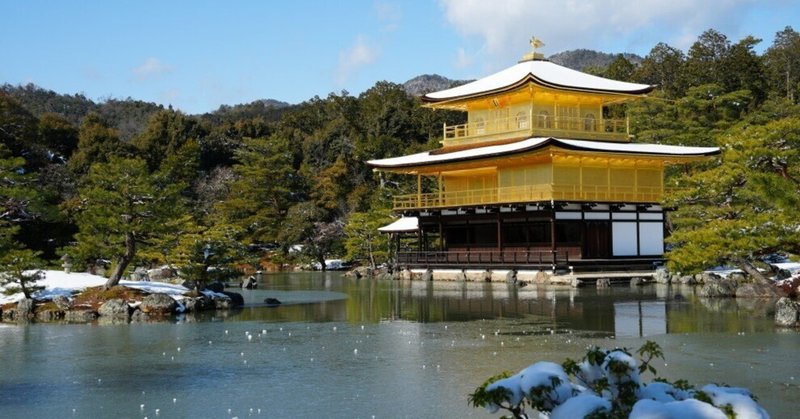
they even give you a free air ticket to Japan. Once in Japan, they receive a monthly allowance of 120,000 yen; if they want a scholarship of 140,000 yen, they automatically receive it. The biggest surprise is that all tuition fees are free.
The following is from Masayuki Takayama's column in the latter part of the Weekly Shincho, which went on sale on 1/26.
This article also proves that he is the one and only journalist in the postwar world.
It is a must-read not only for the Japanese people but for people worldwide.
Study abroad system reform.
Shortly after my daughter started at a state university, I received a letter of appointment to return here.
I put my daughter in a dormitory and returned to Japan.
I had already paid $720 for the first-semester tuition.
I was planning to send the second-semester tuition from Japan, but I was surprised when I received the bill for the second semester.
The amount of money was over $10,000.
Why did $720 have to be so much higher than that?
I asked the person concerned why.
If the parents live in the United States and pay federal and state taxes, children from taxpayer families can pay lower tuition fees because the university is a state university.
However, when the parents return to their home country, the daughter will have the same status as an overseas student.
In other words, they would have to pay the total cost of their education as if they were not paying state taxes.
I had to pay $10,000 per semester for tuition, dormitory fees, living expenses, and car maintenance fees. The total cost was quite a burden.
The tuition fee at a state university was still low, but at a private university like the University of Southern California (USC), the tuition fee tripled. Dormitory fees are also high.
It is not surprising that students desperately try to get scholarships.
What about international students coming to Japan?
Nowadays, Chinese students come to Japan in droves.
Surprisingly, the Japanese government is very lenient toward them.
There is a government-sponsored foreign student program, and if you apply for it, they even give you a free air ticket to Japan.
Once in Japan, they receive a monthly allowance of 120,000 yen; if they want a scholarship of 140,000 yen, they automatically receive it.
The biggest surprise is that all tuition fees are free.
And this is even though they do not pay a penny in taxes in Japan.
There are still other preferential treatment, such as priority in public housing and, for some reason, a child allowance.
The Ministry of Education is encouraging Chinese students to come to Japan with their wives and children to study abroad and still be able to make a good living.
As many as 4,000 such luxurious Chinese students are studying abroad.
I taught at a private school for a while.
There were many Chinese students there as well.
There are 230,000 international students, of which 100,000 are Chinese.
Other than government-funded students, the rest of the students will be privately funded.
They work in businesses that serve alcohol or sex work—bars, lounges, health, hostess bars, image clubs, pink salons, and soaplands.
They ask their friends to give them attendance cards to cover their attendance in class.
As expected, he appears on the exam, but they brazenly cheat.
Even if you warn them, they do it again.
I could not forgive them for thinking they could pass the exam by cheating and substituting.
Then, the faculty meeting recommended that I let them pass.
The Ministry of Education would pay money to the university if they were admitted.
If they were allowed to fail, they would get a bad reputation, and the number of applicants would decrease.
Even so, I decided to fail, and I was fired.
It is so different from the treatment of international students in the United States.
Incidentally, Shina people, including Mizu shōbai, do part-time jobs as they like and work for Japanese companies after graduation, but none are allowed in the United States.
The student visa for international students in the U.S. completely differs from the work visa that allows them to work.
On the other hand, Shina students who come to Japan have no restrictions and always work part-time.
When asked if the privileged government-sponsored foreign students do not have part-time jobs, the Yomiuri says, "Yes, they do.
In the U.S., they steal cutting-edge technology and send it back home.
In the same way, they see intellectual property theft in Japan, but Japan does not even have a law against it.
It is like paying money to industrial spies.
Everyone thinks that the government should stop it and give money to support Japanese students.
In contrast, Mr. Kishida of Kochi-kai, which receives support from China in the form of party tickets, says that he will not change the treatment of Chinese students and will send "1,000 students a year" to Japan by offering scholarships to Japanese students through a public-private joint project.
It is better than nothing, but the source of the funds will be 2 billion yen a year in donations from "260 organizations, companies, and individuals.
While the government pays tens of billions of yen a year to foreigners, Japanese students should receive funds from the private sector, which, if one calculates it, amounts to 2 million yen per person.
It is enough to pay the tuition fees but not cover other expenses.
Cut off the number of Chinese students.
That is all that is needed.
この記事が気に入ったらサポートをしてみませんか?
